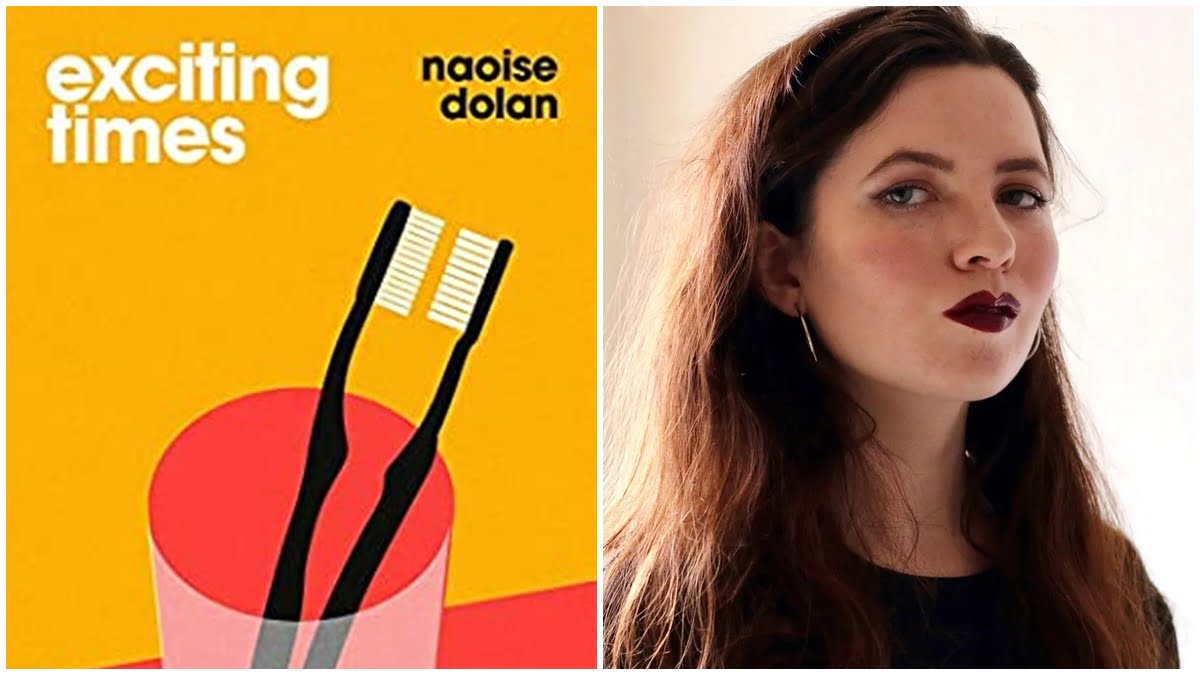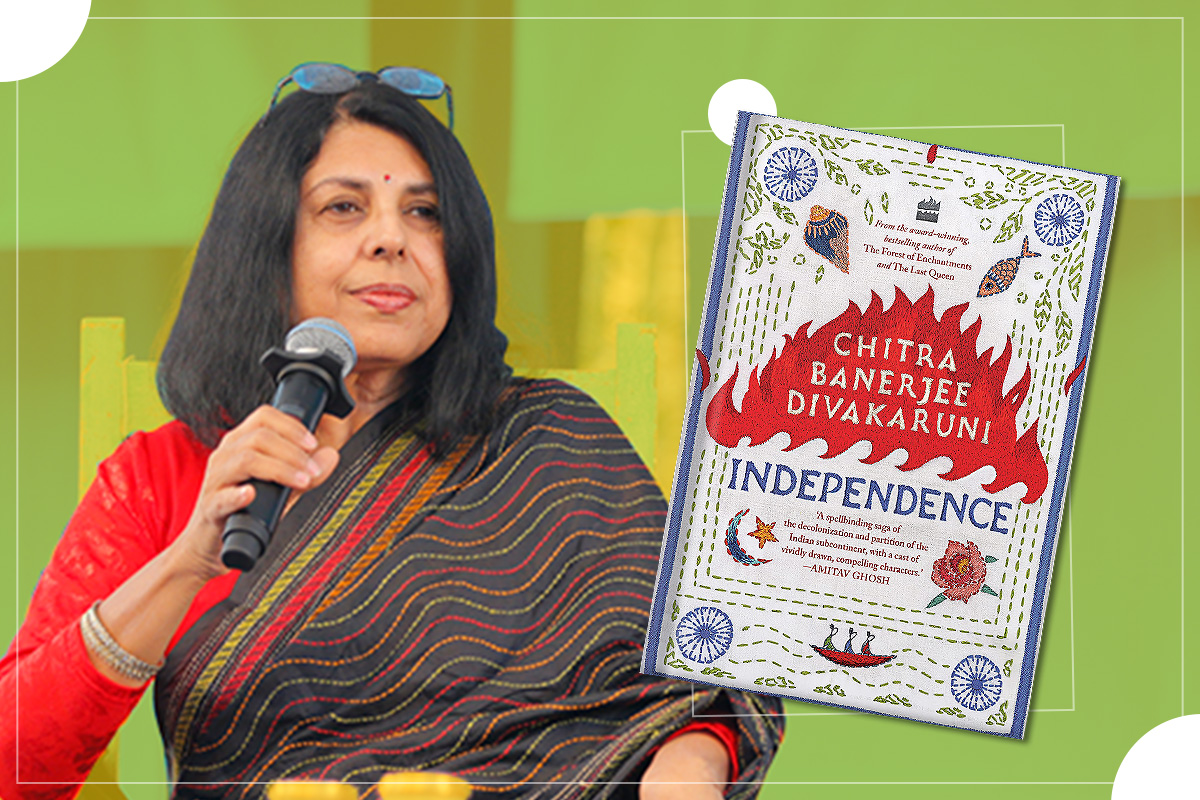Longlisted for the Women’s Prize for Fiction 2021, 29-year-old Naoise Dolan’s debut novel Exciting Times (Weidenfeld & Nicolson, an imprint of The Orion Publishing Group Ltd 2020) has attracted comparison with the works of Sally Rooney. “The next Sally Rooney”, some have had gone on to observe.
The title of the book is not only intriguing but justifiable, as Ava, a twenty-two-year-old Dublin native, has newly moved to Hong Kong as a TEFL teacher, and begins dating an Oxford graduate and banker Julian, who is in his late twenties. Ava says, “I wasn’t good at most things, but I was good at men, and Julian was the richest man I’d ever been good at.”
In Exciting Times, which reads like a fast-paced thriller, Dolan’s elegant, arresting first-person narrative explores identity, introversion, sexuality, gender pay gap, capitalism, communism, and an obsession to send a perfect apology among other themes.
In this tiny volume, which reads like a fast-paced thriller, Dolan’s elegant, arresting first-person narrative explores identity, introversion, sexuality, gender pay gap, capitalism, communism, and an obsession to send a perfect apology among other themes.
Also read: Book Review: Sangati By Bama
Unavailable lover
Ava and Julian’s romance is rather unconventional. One wonders what could have brought these two people together. While Ava is wickedly funny and sharp in her observations, Julian’s office work remains his focus area, making this a perfect premise for millennial love.
Though Ava is assertive, there are several moments where she gives in, for example packing his bags or mending his bookshelves. Meanwhile, Julian often reminds her that he’s not her boyfriend and thus, ideally Ava shouldn’t do such things. But she does: some part of her realises that their being together is purely transactional. This co-dependency between the couple come out strikingly through Dolan’s prose in Exciting Times. Sample this, by Ava: “I wanted to tell him that in a framework where affection was circumspect, its overt forms were necessarily hostile.”
Dolan’s usage of language is mesmerising. It at once demonstrates her writing prowess and her in-depth treatment of Ava as an English teacher, who, through several incidents effectively brings alive the nuances, functions, and limitations of language, and above all, its role in establishing domination over a set of people.
The other love interest
Though Ava starts investing more in their relationship, Julian remains emotionally unavailable – not in a typical but cynical way. And after a year, as he goes away for work, she finds herself comfortable in the company of a Hong Kong local Edith. Ava says, “Edith had come into my life just when there was a vacancy,” and also confesses that she fails to understand why she even spent time with her but concludes: “I supposed I was of anthropological interest.”

In Exciting Times, while dating Edith, Ava tries to write a perfect confession to Julian. Each time she wants to tell him that she has moved on and had found a lover in Edith, but she cannot. These messages not only demonstrate her dilemma and idiosyncrasies of lovemaking and dating in a digital world, but they are also exciting sites of humour. For example: “Sometimes I love you and sometimes I think it would be best if a plane flew into your office and you were on the plane or in the building.”
Only a few authors in their writing have managed to portray the mystic, the unsaid, and the unsayable in relationships effectively in their books. With Exciting Times, Naoise Dolan is the latest entrant to this list, and this is a brilliant debut, exploring the interior and immediate world of modern-day relationships.
Edith, though of the same age as Ava’s, can read people well. When she shows mirror to Ava and confronts her with what she believes are her issues, Ava gets uneasy. Edith not only calls her out on using Julian’s AmEx card, she even accuses her of relying on him, but calls all those just observations. Naturally perturbed, Ava calls of their relationship.
Also read: Book Review: We Have Always Been Here By Samra Habib
Only a few authors in their writing have managed to portray the mystic, the unsaid, and the unsayable in relationships effectively in their books. With Exciting Times, Naoise Dolan is the latest entrant to this list, and this is a brilliant debut, exploring the interior and immediate world of modern-day relationships.




